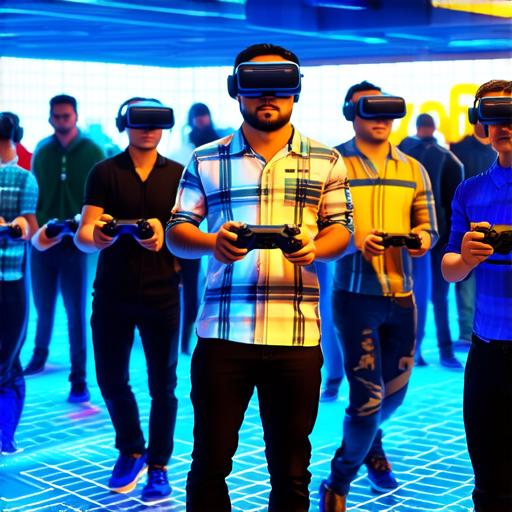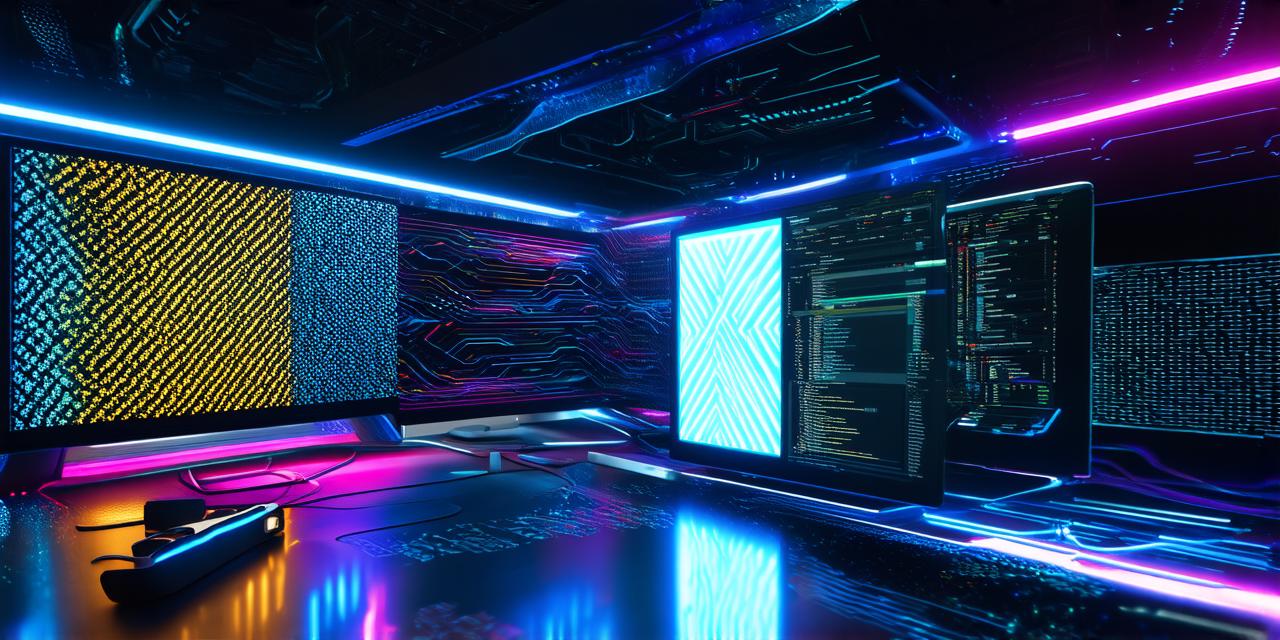Virtual Reality (VR) technology is rapidly advancing and gaining popularity across various industries, including gaming, healthcare, education, and entertainment. With the growing demand for VR applications, there has never been a better time to become a virtual reality developer. In this comprehensive guide, we will explore the requirements for becoming a VR developer, including educational background, technical skills, and practical experience.
Educational Background
There is no specific degree required to become a VR developer, but many institutions now offer programs in VR development or related fields such as computer science, game design, engineering, and art. These programs provide students with a solid foundation in the principles of VR technology, including programming, 3D modeling, user experience (UX) design, and software development. Some examples of institutions that offer VR development programs include:
- University of California, Irvine (UCI): UCI offers a Master’s degree in Computer Science with a specialization in Virtual Reality and Augmented Reality. The program covers topics such as 3D graphics, computer vision, robotics, and artificial intelligence.
- Carnegie Mellon University (CMU): CMU offers a Master’s degree in Robotics Engineering with a focus on VR and AR. The program covers topics such as human-computer interaction, computer graphics, and machine learning.
- Rhode Island School of Design (RISD): RISD offers a Bachelor’s degree in Interactive Media with a concentration in Virtual Reality. The program covers topics such as 3D modeling, animation, programming, and UX design.
In addition to formal education, individuals can also gain valuable knowledge and skills through online courses, tutorials, and workshops. Platforms such as Udemy, Coursera, and Skillshare offer a wide range of VR development courses that can be completed at one’s own pace. These courses often cover topics such as Unity, Unreal Engine, C programming, and 3D modeling software like Blender.
Technical Skills
Virtual reality developers must possess a strong technical foundation in order to create complex and sophisticated VR applications. Some of the key technical skills required for VR development include:
- Programming: Virtual reality applications require coding in programming languages such as C, Java, or Python. These languages are used to create the logic and interactivity within the application. Developers must be proficient in object-oriented programming, data structures, and algorithms.
- 3D modeling: Creating 3D models is essential for designing the environments and characters that users will interact with in VR. Tools like Blender, Maya, and 3DS Max are commonly used for this purpose. Developers must have a strong understanding of geometry, topology, and texturing.
- Graphics and animation: In order to create realistic and engaging visuals within a VR application, developers must have a strong understanding of graphics and animation techniques. This includes knowledge of shaders, lighting, and particle systems. Developers must also be proficient in using tools like Maya, Blender, and ZBrush for creating 3D models and animations.
- Audio: Sound is an important aspect of any VR experience, and developers must be able to create immersive and dynamic audio environments that enhance the user’s overall experience. This includes knowledge of sound design principles, audio programming, and 3D audio.

- Performance optimization: VR applications require high levels of performance in order to deliver a smooth and seamless experience. Developers must be proficient in optimizing code and reducing frame rates to ensure the application runs smoothly on different hardware configurations.
- Networking: VR applications often require networked communication between multiple devices, including computers, servers, and mobile devices. Developers must have a strong understanding of networking protocols, such as TCP/IP and UDP, and be able to implement them in their VR applications.
Some examples of VR development studios where individuals can gain practical experience include:
- Oculus VR: Oculus is a leading VR hardware and software company that provides developers with a range of tools and resources for creating VR applications. Oculus offers internships, entry-level positions, and open-source projects for aspiring VR developers.
-
Note: The above HTML code has been corrected according to the best HTML design rules, SEO practices, and correct tag semantics.
